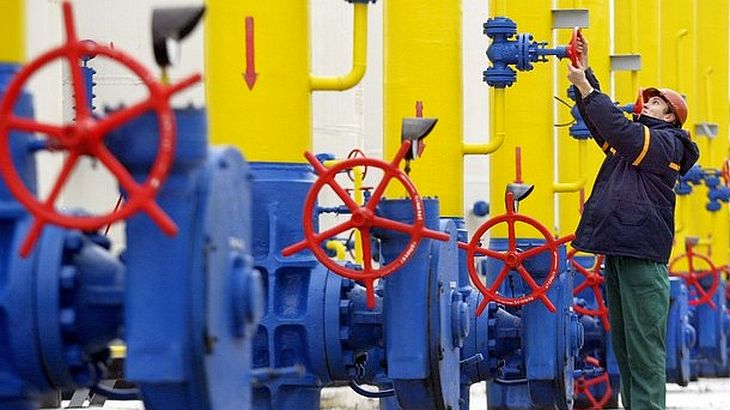The government approved on Wednesday a new timetable for the liberalization of the purchase price of natural gas from domestic production for households and thermal energy producers, only for the quantities of natural gas used to produce heat in co-generation plants and heating plants for household consumption, thus a price increase will take place, in a first stage from 53.3 lei/MWh to 60 lei/MWh, according to a press release sent to Agerpres.
“According to the new timetable approved in today’s meeting, as of July 1, 2015, the purchase price of natural gas from domestic production for households and thermal energy producers, only for quantities of natural gas used for heat production in plants CHP and heat plants for household consumption will be 60 lei/MWh, compared to 53.3 lei/MWh as it is today. The calendar provides an annual increase until 2017, and from July 1, 2016 the price will be 66 lei/MWh, and from April 2017 will cost 72 lei/MWh”, the release says.
The liberalization calendar also estimates the purchase price of natural gas from domestic production after April 2018.
“Thus, for April 1, 2018 the purchase price of natural gas from domestic production for domestic customers and thermal energy producers, only for quantities of natural gas used for heat production in thermal power plants for household consumption is estimated at 78 lei/MWh, for April 1, 2019 is estimated at 84 lei/MWh, and for 1 April 2020 to 90 lei/MWh. These estimates are available only for the purchase price of natural gas from domestic production for domestic customers and producers of heat only for quantities of natural gas used for heat production in thermal power plants for household consumption, noting that it will be reassessed following an analysis, carried out by the end of March 2018”, the press release noted.
Liberalization calendar of domestic gas prices envisages the period July 1, 2015 – June 30, 2021 and is the result of negotiations with the International Monetary Fund, European Union and World Bank.
The Government says that the required deadline of external partners “has been extended from three years (2015-2018) to six years (2015-2021), and the pace of price growth was distributed evenly throughout the period, without being accepted a higher growth in the first part of this period.” Also, the Government claims, the Romanian side insisted during negotiations that alignment of domestic gas prices to be done on an annual basis and not quarterly or half-yearly.
One of the considerations which led to the liberalization timetable is based on the “steady decline” of natural gas consumption, “due to the decline in industrial consumption and because of energy efficiency programs implemented by both categories of consumers, domestic and non-household.”
The Government also notes that there has been a decline in demand for natural gas coming from electricity producers, amid the strong market entry of production capacities based on renewable sources. “As regards natural gas import, demand descended under a general decline in consumption, from 15% in 2013 to about 7% in 2014, with the prospect of maintaining this percentage or even decreasing it in the medium term”, adds the release.
On the other hand, it is believed that the revaluation of the purchase price of natural gas from domestic production for households and thermal energy producers, only for quantities of natural gas used for heat production in thermal power plants for household consumption from 2018 is necessary because to impose, even now, through a Government decision, a fix reference price after 2017 “would be likely to create distortions in the free market, with negative impact on all trade relations”.

